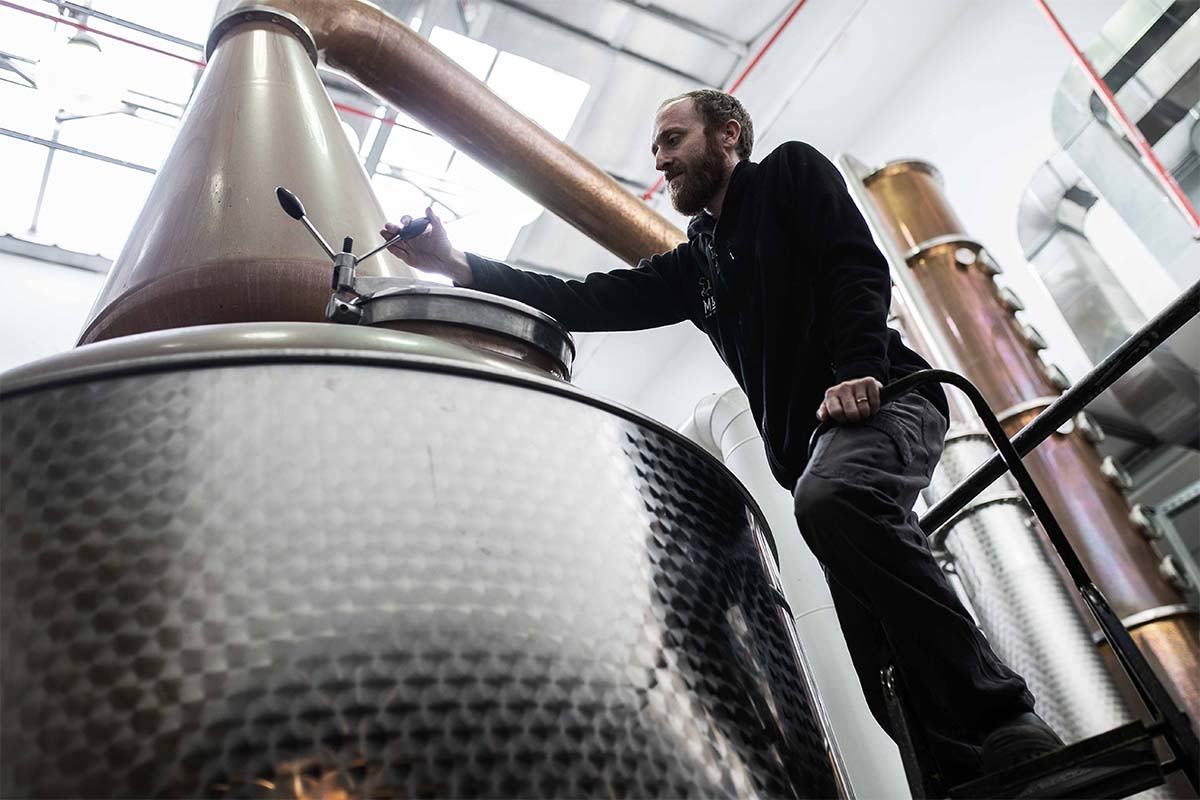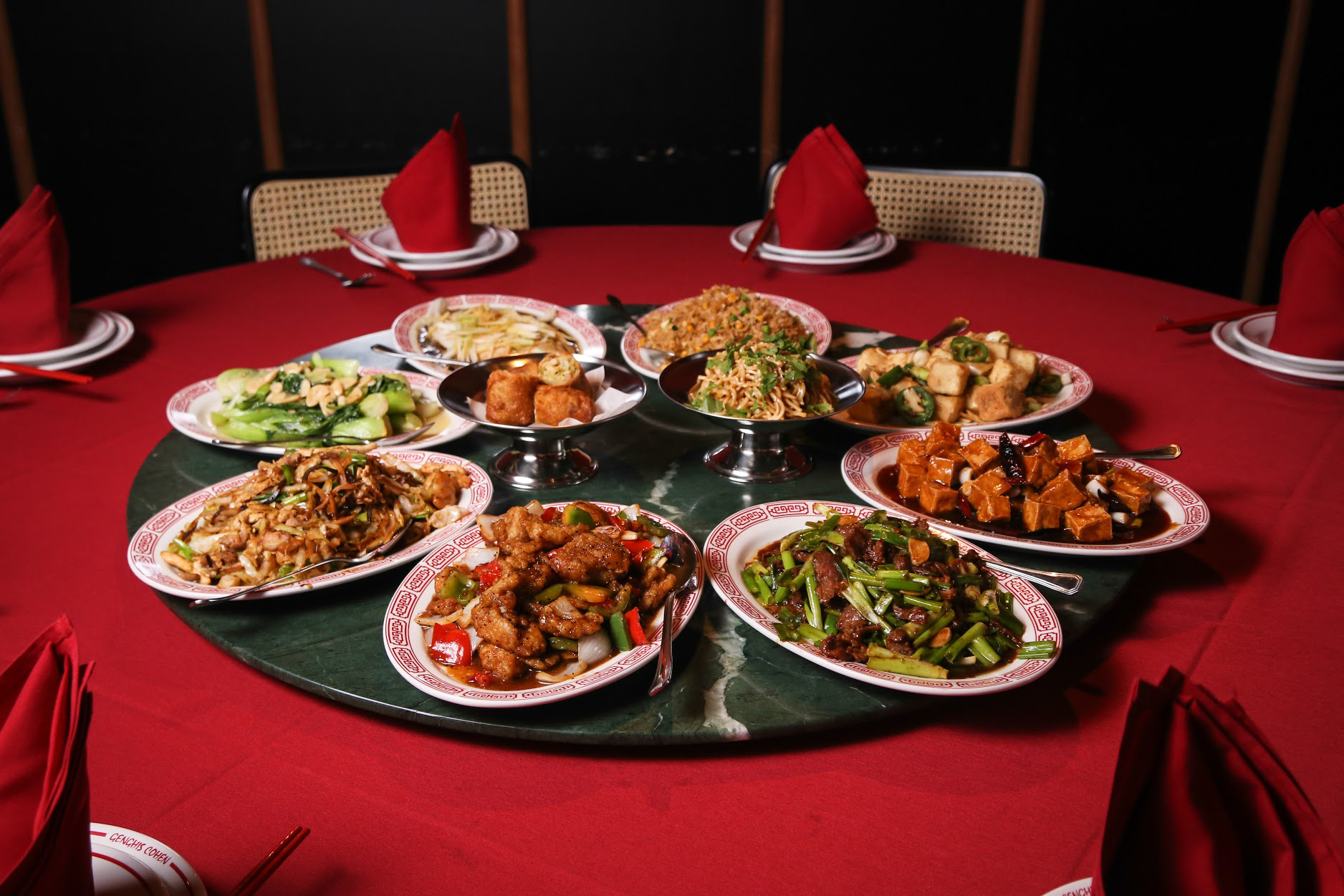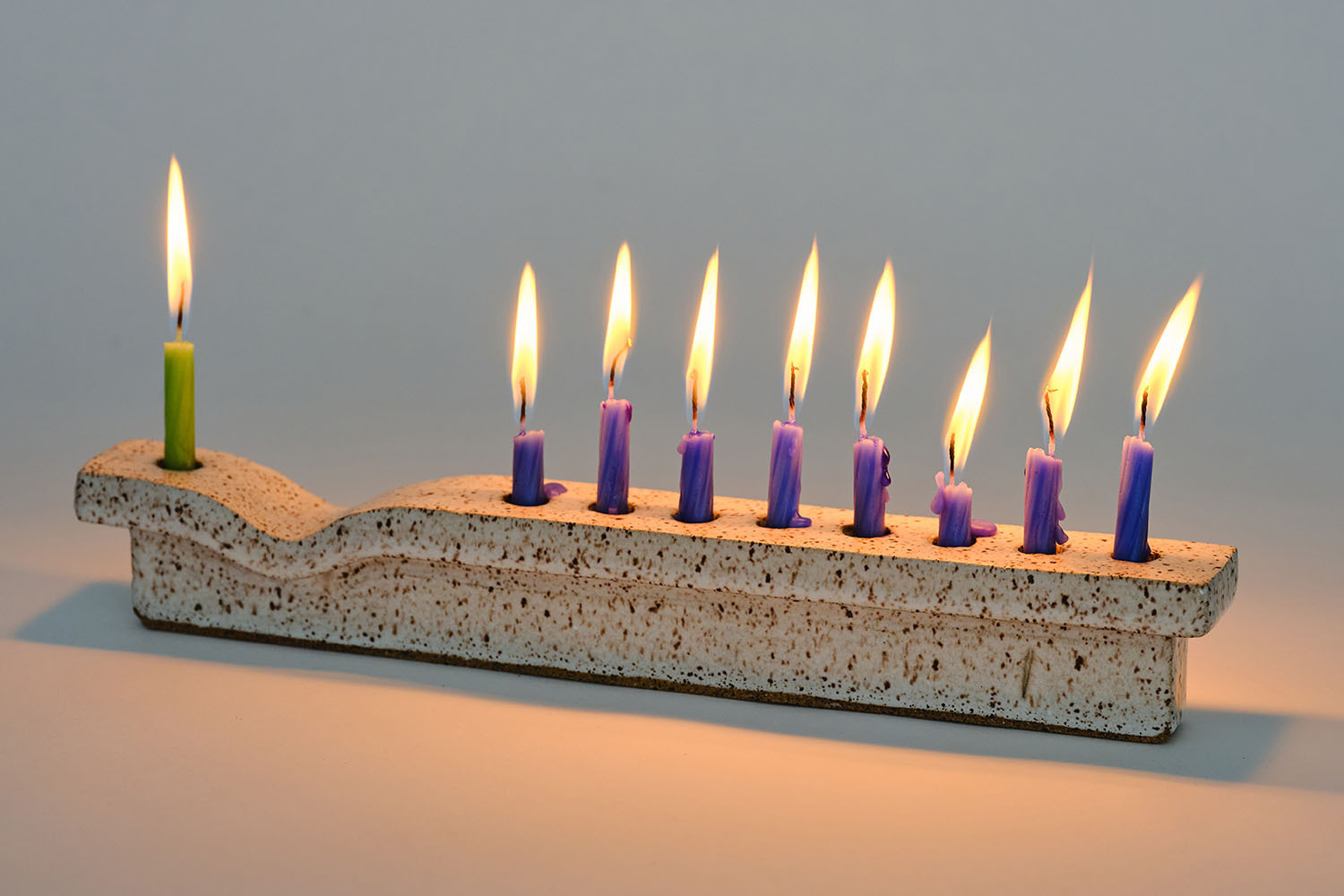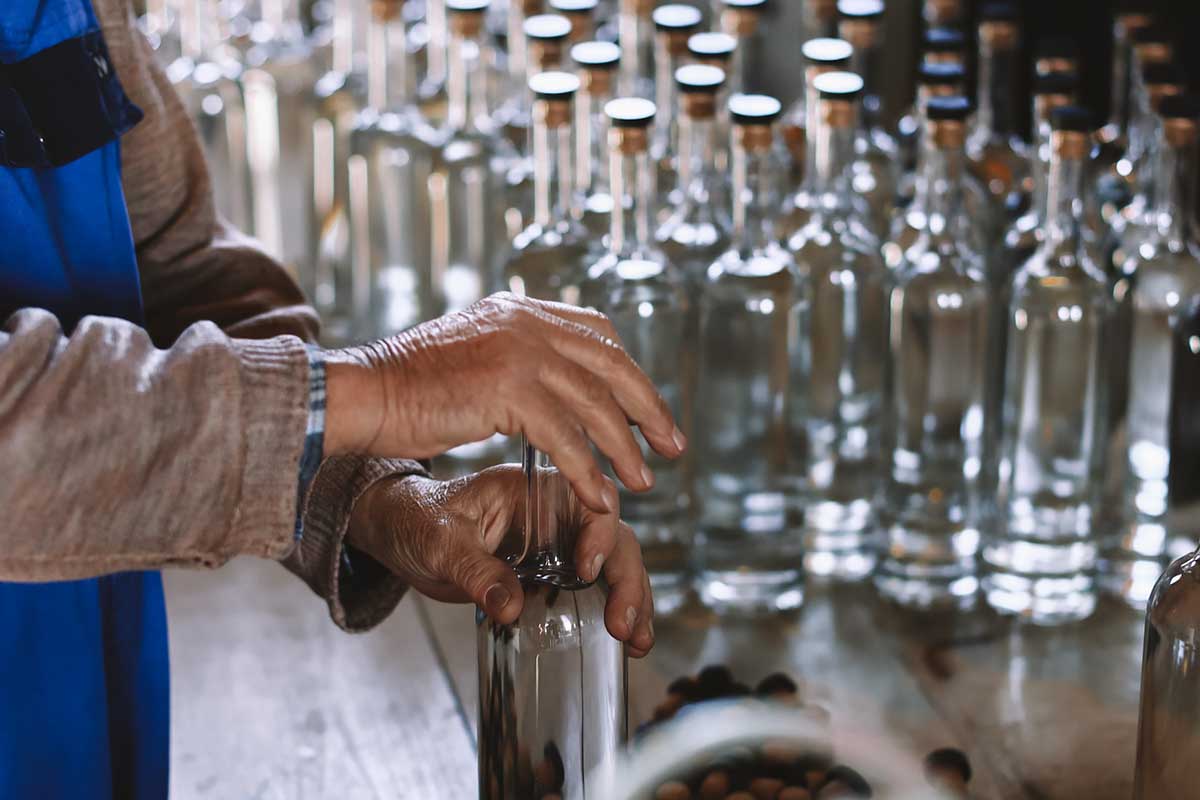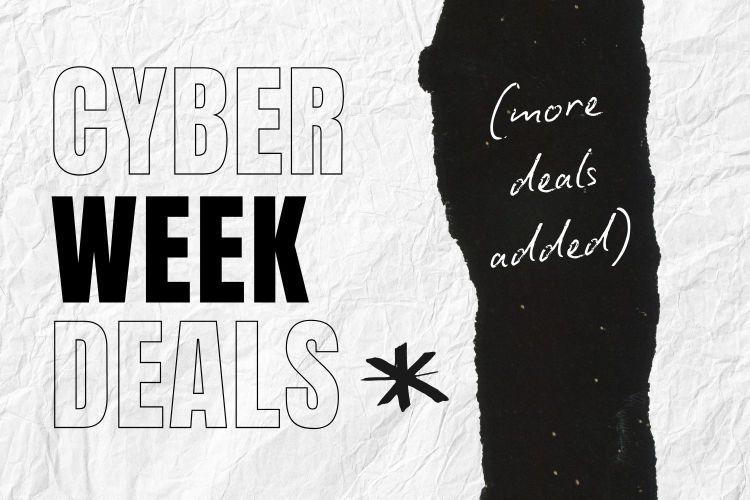Updated 12/3/2021: It’s worth noting that one of our favorite bourbons, Peerless, is also kosher.
Just before the Jewish High Holidays began earlier last fall, I received an email noting that “Manchester Beth Din, the Jewish Ecclesiastical Court for Greater Manchester, visited the manufacturing plants of William Grant & Sons Ltd and have certified the following products are Kosher and Parev until May 31, 2021” — and referenced an array of releases from Scotch giants Glenfiddich and The Balvenie.
Meaning: Kosher whisky.
Were these the same whiskies I already knew, just with a special designation? Or was it like Buffalo Trace’s kosher whiskey line, a long-running and unique collaboration between the distillery and the Chicago Rabbinical Council?
I was fascinated! (Even as a gentile). And a Jewish co-worker of mine — a veteran drinker — confided in me as Yom Kippur approached: “Kosher wine is shit and I usually stick to vodka or tequila when I’m at my in-laws.”
So, in the spirit of Hanukkah, maybe a little investigation into kosher whiskey would help everyone.
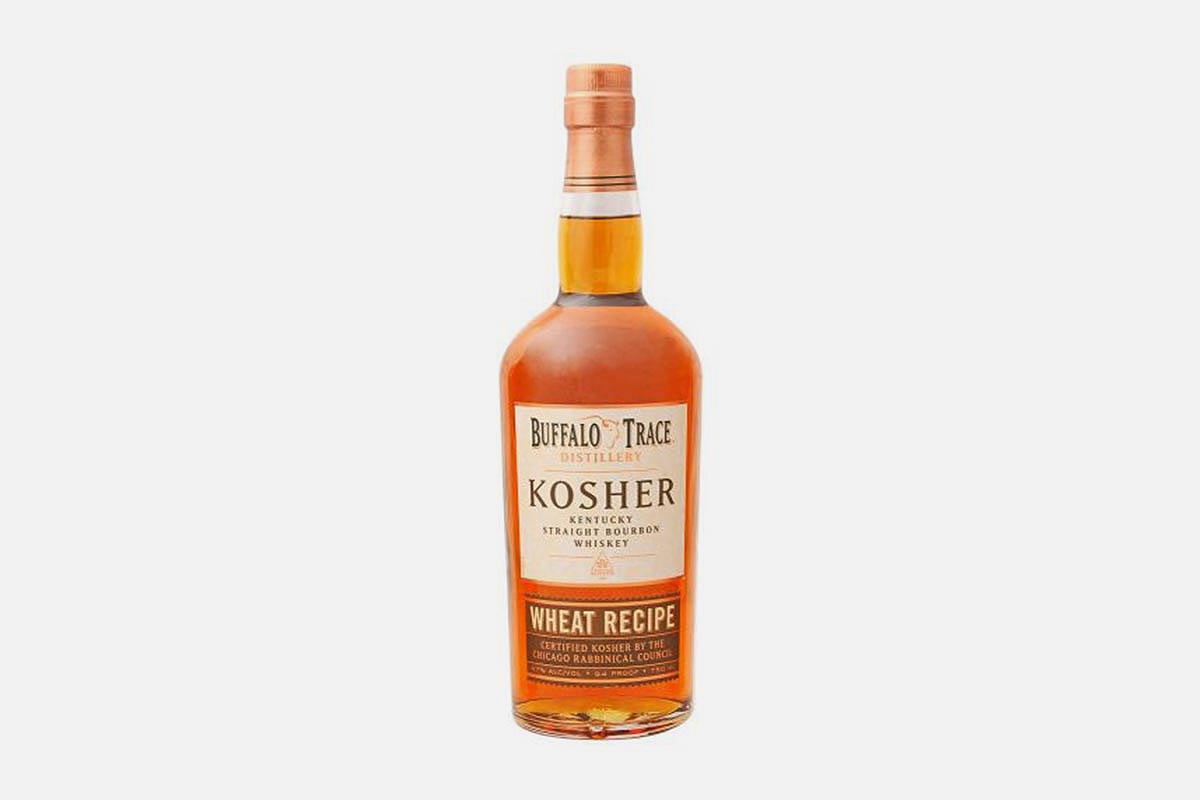
While initial web searches turned up surprisingly little information, William Grant & Sons Master Blender Brian Kinsman was happy to shed some light on the kosher label.
“We’ve been working with Manchester Beth Din for over 25 years,” he notes about the organization that offers kosher certification. And the spirits he mentions — The Balvenie’s 12 Year Old Single Barrel, 25 Year Old Single Barrel, 14 Year Stories, 21 Year Portwood and 26 Year Story, Glenfiddich 12 Year Old, 14 Year Old, Age of Discovery, 26 Year Old, 50 Year Old, Fire & Cane and India Pale Ale — are actually always kosher. They simply — well, not so simply — go through an annual audit, where the company does a walkthrough of the production methods and cask recipes for the products being certified.
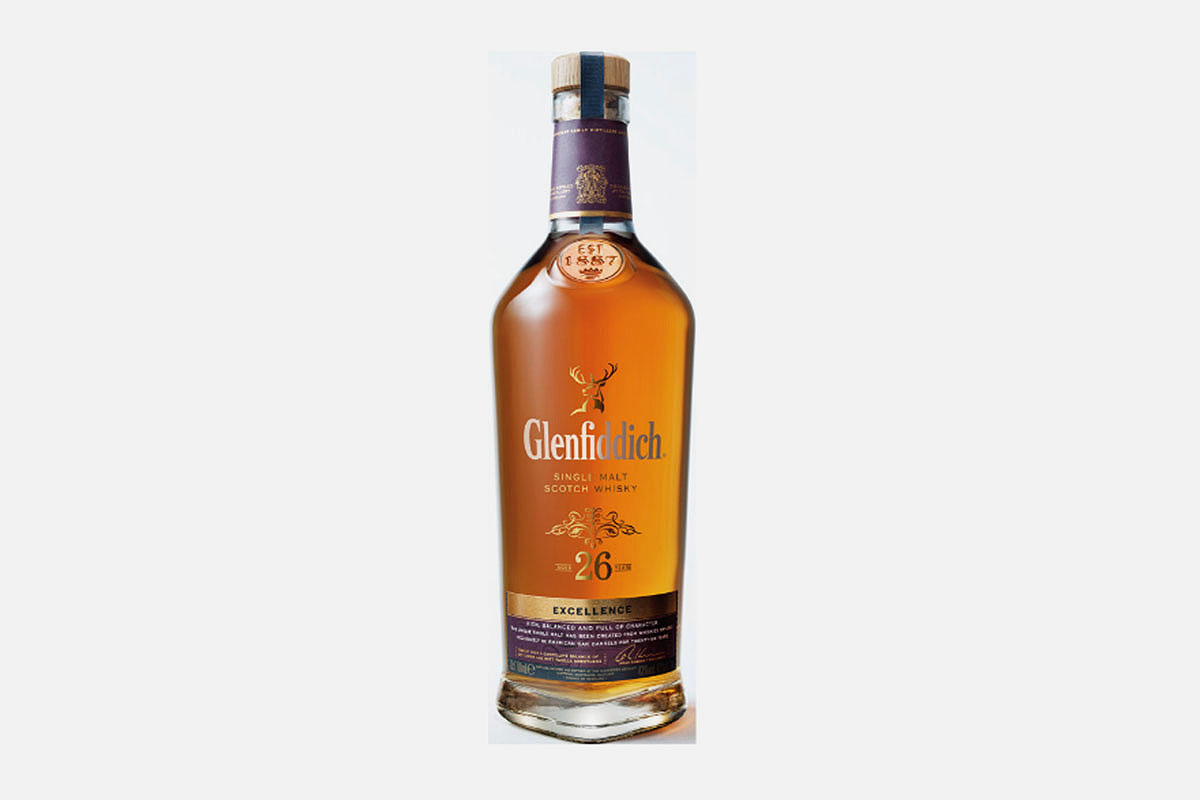
“What we’re making is not a special ‘kosher’ variant,” Kinsman adds. “When we create a new product I spend time with the rabbi discussing the details of the recipe and how the whisky is made and we decide if it is suitable for certification at that point.” And while this is not an easy certification, it can be applied to almost any spirit, not just whiskey.
William Grant is a global giant. What about a smaller distillery with a bit more Jewish heritage?
M&H (Milk and Honey) Distillery launched last fall in the U.S. They are the first distillery to hail from Tel Aviv, and they recently released M&H’s Classic Single Malt Whisky, the world’s first commercial Israeli single malt whisky (they also have a gin). The distillery was started with the help of late whisky legend Dr. Jim Swan, so even though Israeli whisky may be a new idea, the pedigree here is sound.
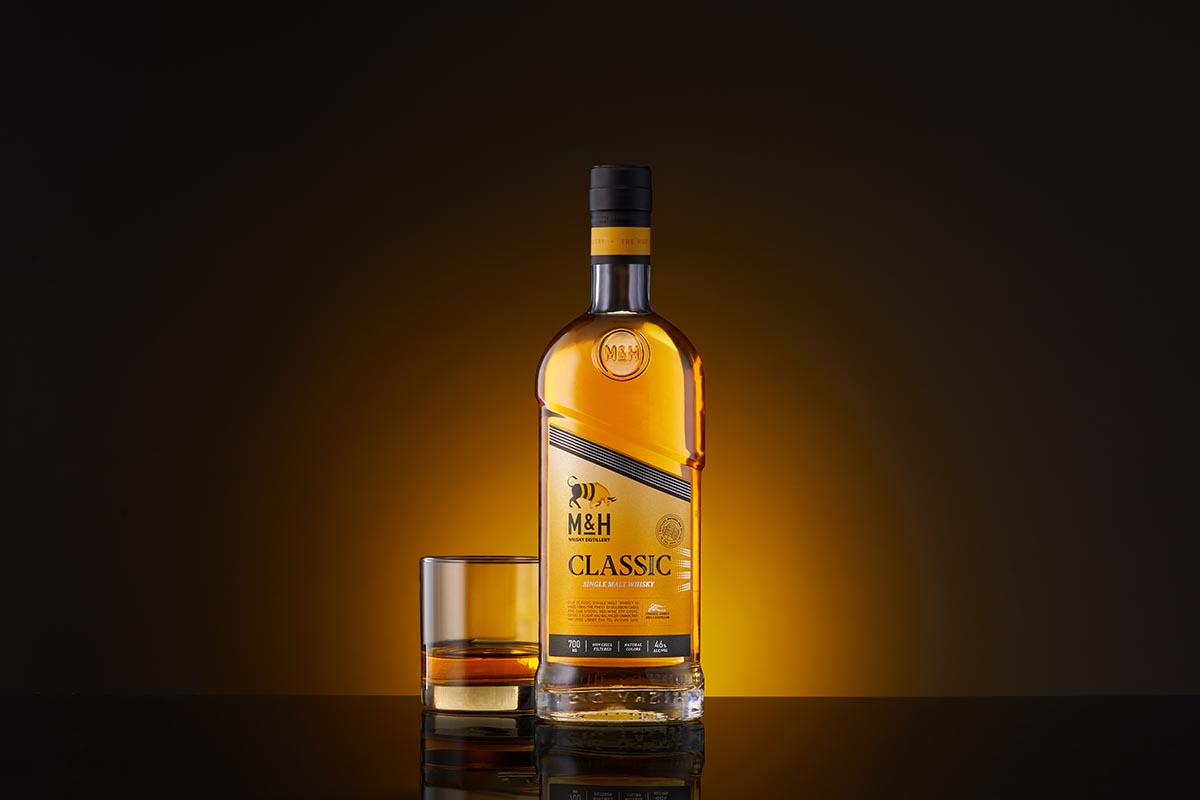
No surprise given its origins, M&H’s products are all kosher.
“The M&H Distillery is supervised by the Tel Aviv rabbinate and Star-k. All our raw materials and ingredients are kosher — barley, yeast, casks. We also don’t work on Shabbat and Jewish holidays,” explains Eitan Attir, the CEO of The M&H Distillery.
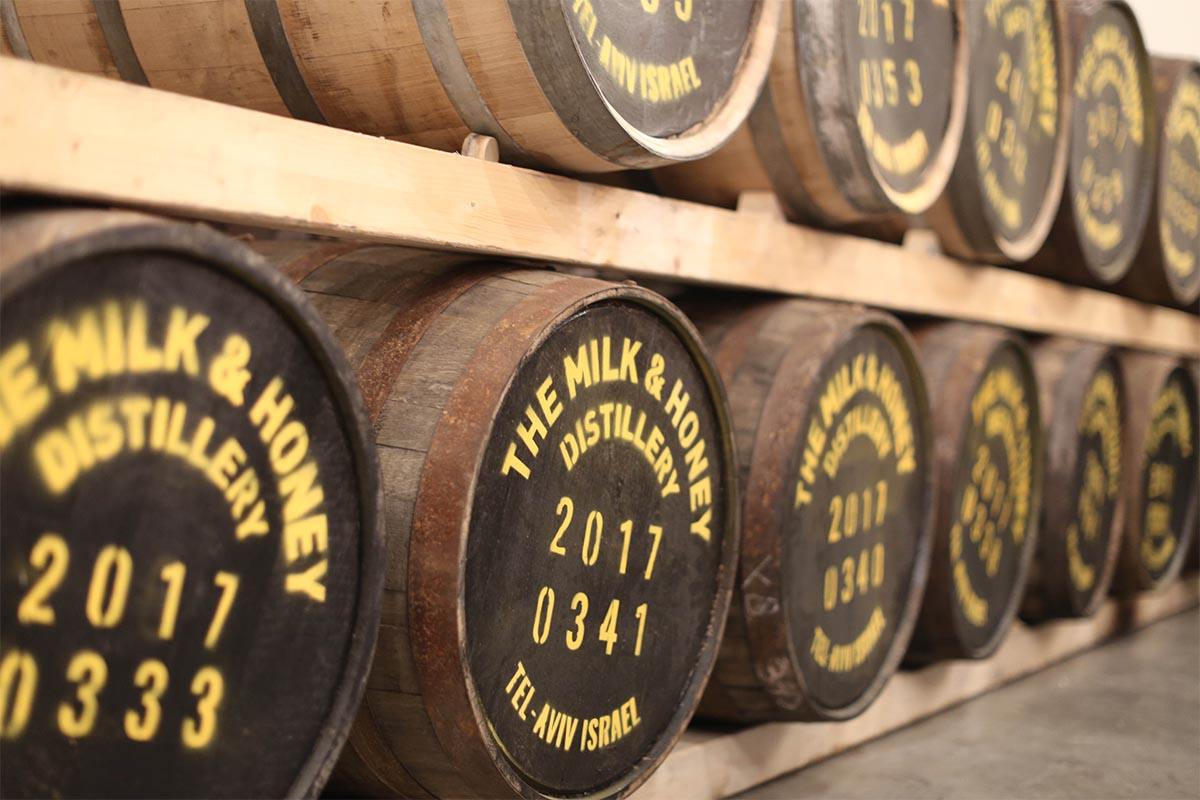
Attir also doesn’t believe requiring the ingredients or methods to fall under a kosher designation changes anything about the final product. “All of our ingredients and production methods are top notch and we don’t compromise on anything. We don’t need to change any of our production or recipe,” he says. “The only issue we have is when dealing with ex-wine casks for our maturation part. The wine has to be kosher, but we are very happy with the selection of casks we can find around Israel from amazing kosher wineries.”
It’s not easy to summarize what constitutes “kosher” — in a broad view, kosher means the food or ingredients used satisfy Jewish dietary laws. The machinery, production method and preparation used can also have a huge effect on that status. Kosher does not allow for certain food pairings (meat and dairy being the most famous); while grains don’t quite have the same strict rules as meat, the equipment used to process the ingredients could create cross-contamination issues. A good overview of the rules for being certified kosher can be found here.
L’chaim.
Join America's Fastest Growing Spirits Newsletter THE SPILL. Unlock all the reviews, recipes and revelry — and get 15% off award-winning La Tierra de Acre Mezcal.
